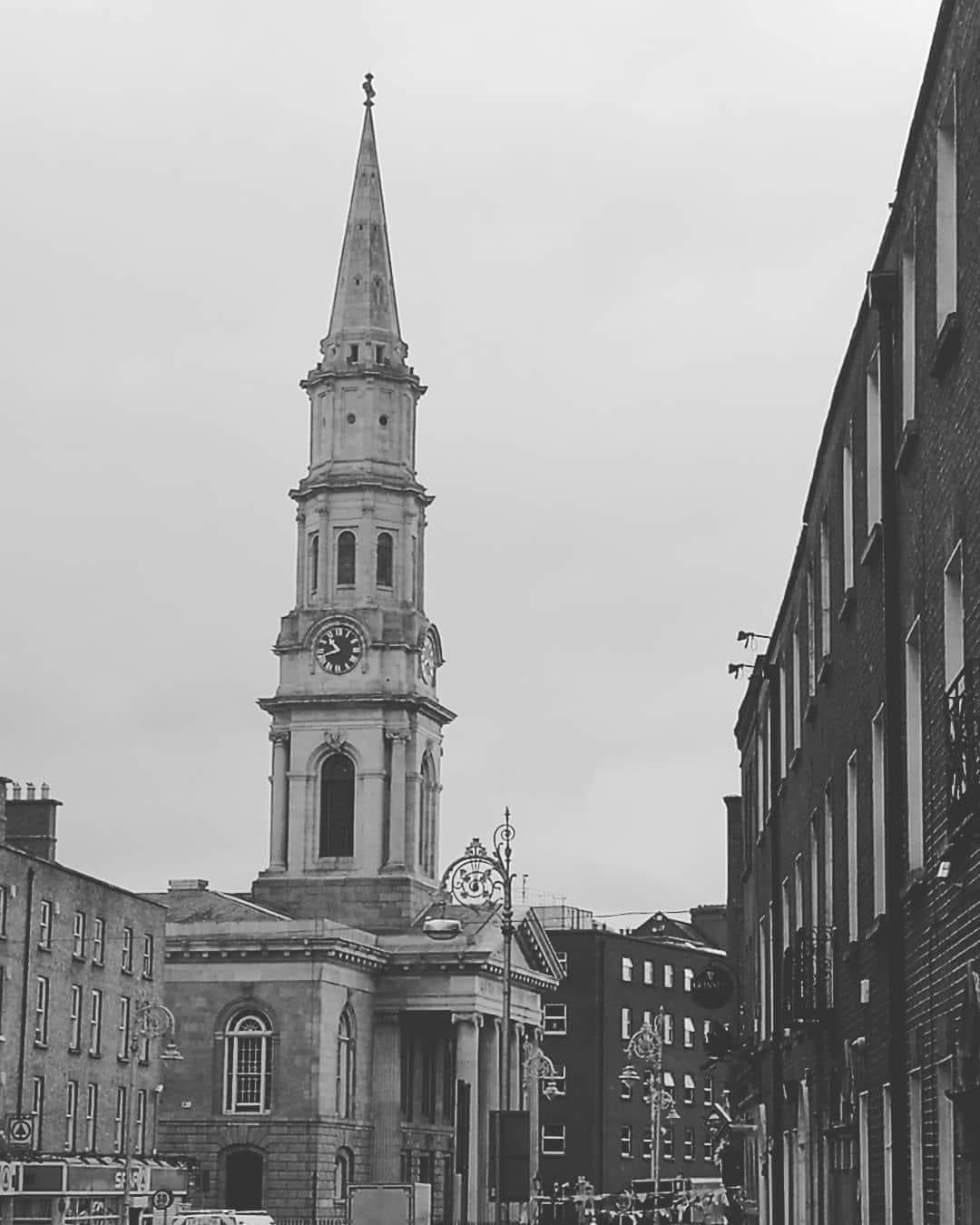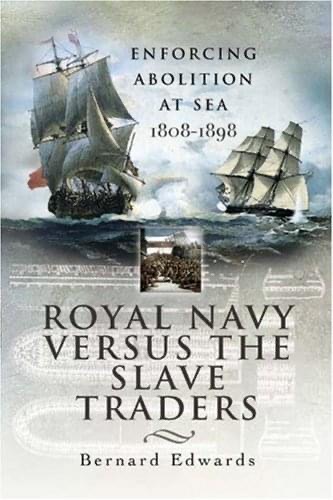Restoring & Renewing Our Rhythms – PCI Podcasts
Three ministers join PCI’s Rick Hill to discuss how their congregations are seeking to restore and renew the rhythm of their ministry and witness. Revs Stuart Hawthorne (Waringstown), Gareth MacLean (Orangefield) and Mairisine Stanfield (First Bangor) chat about the importance of prayer and the need to open ourselves to God’s voice, as well as taking bold decisions rather than simply restore everything back to the way it used to be.
If you have a story of faith, hope or love from your congregation, please email details to [ rhill@presbyterianireland.org. ] You can find more resources around These Three Remain at [ https://presbyterianireland.org/thesethreeremain ] and please subscribe to this podcast to hear future episodes by searching for ‘These Three Remain Presbyterian’ in your favourite podcast software.
Blenheim Palace welcomes tomorrow’s Songs of Praise
Lockdown may have stopped the SoundaboutUK Inclusive Choir from meeting but it can’t stop them singing as laura Wright finds out when she joins in some spontaneous hymn singing.
Songs of Praise tomorrow, Sunday 12.25 on BBCOne http://bbc.in/2ExEP6y
Episcopal Electoral College for the Diocese of Clogher
The Episcopal Electoral College for the Diocese of Clogher will have its first meeting on Wednesday, 2nd September, in St Macartin’s Cathedral, Enniskillen, commencing with a Service of Holy Communion at 10.30am. The Archbishop of Armagh will preside and preach at the Eucharist and will chair the meeting of the College.
St George’s Dublin and Belfast
 The deconsecrated St George’s Parish Church, Dublin.
The deconsecrated St George’s Parish Church, Dublin.
An observer commented – “Love this church. A pity that the interior was plundered. Before the spire was added, it was a simple though well proportioned building. To my eye, the spire is out of proportion to the rest of the building. Without the spire, the church is very similar to St George’s Parish Church in Belfast.”
St George’s Parish Church, High Street, Belfast, yes without a spire, but with a portico from Ballyscullion House, one of the restless and eccentric Earl Bishop of Londonderry’s unfinished building enterprises which included Ickworth in England.
World Scout Academy webinars online
 Over the last couple of months, 4000+ leaders in Scouting participated in the World Scout Academy to gain and share new skills and knowledge to effectively keep Scouts engaged in the new normal. A total of 64 online sessions were delivered by 96 speakers on topics like technology, safety, crisis management & much more. Scout Leaders can still access the webinars.
Over the last couple of months, 4000+ leaders in Scouting participated in the World Scout Academy to gain and share new skills and knowledge to effectively keep Scouts engaged in the new normal. A total of 64 online sessions were delivered by 96 speakers on topics like technology, safety, crisis management & much more. Scout Leaders can still access the webinars.
Book Spot – A perspective on slavery and Great Britain
 On 16 March 1807, the British Parliament passed The Abolition of the Slave Trade Act. In the following year the Royal Navy’s African Squadron was formed, its mission to stop and search ships at sea suspected of carrying slaves from Africa to the Americas and the Middle East.
On 16 March 1807, the British Parliament passed The Abolition of the Slave Trade Act. In the following year the Royal Navy’s African Squadron was formed, its mission to stop and search ships at sea suspected of carrying slaves from Africa to the Americas and the Middle East.
With typical thoroughness, the Royal Navy went further, and took the fight to the enemy, sailing boldly up uncharted rivers and creeks to attack the barracoons where the slaves were assembled ready for shipment.
For much of its long campaign against the evil of slavery, Britain’s Navy fought alone and unrecognised. Its enemies were many and formidable. Ranged against it were the African chiefs, who sold their own people into slavery, the Arabs, who rode shotgun on the slave caravans to the coast, and the slave ships of the rest of the world, heavily armed, and prepared to do battle to protect their right to traffic in the forbidden black ivory.
The war was long and bitter and the cost to the Royal Navy in ships and men heavy, but the result was worthy of the sacrifices made.
The abolition of the slave trade led to a scramble for empires and, in place of slaves, Africa began to export cocoa, coffee, timber, palm oil, cotton and ores, all very much in demand in the West.
A crater from Armagh
Dr Eric Lindsay OBE, was an astronomer from Northern Ireland. He was born at The Grange near Portadown, County Armagh to Richard and Susan Lindsay.
He was educated in Dublin at the King’s Hospital School, then attended Queen’s University, Belfast where he earned his B.Sc. in 1928 and a M.Sc. in 1929. He later went to Harvard University and was awarded a Ph.D. in 1934.
He then went to South Africa for a post-graduate astronomy studies, and on 20 May 1935 was married to Sylvia Mussells in Cape Town. He returned to Northern Ireland in 1937 to become director of the Armagh Observatory. He remained the director of the observatory until his death of a sudden heart attack.
He is more noted for his political influence in favour of astronomy than for important astronomical discoveries. For example, he was responsible for persuading the Irish government and Harvard University to found a telescope at Boyden Station in South Africa for the purpose of charting the southern skies. Dr. Lindsay was also instrumental in the development of Armagh Planetarium.
Dr. Lindsay and his wife Sylvia had one son, Derek Michael Lindsay, who was born in 1944. Derek became a professor of Chemistry in New York City, and died six months before his Mother Sylvia in 1999.
Eric Lindsay was awarded The Most Excellent Order of the British Empire, 1963, Member of the Royal Irish Academy, 1939. The crater Lindsay on the Moon is named after him.
Well said
We thank God for all who display the gift of mercy in the way they show compassion to others who are suffering in various ways. Let’s pray that God will help us to show the same qualities to those who are in need.
God in creation
 Dolphins off Rathlin accompanied the boat
Dolphins off Rathlin accompanied the boat
Image-1-109.png
IMG_4084.jpg
Dolphin-Rathlin.jpg
Worldscouts.jpg
StGeorgesDublin.jpg
Prespodcast.jpg




